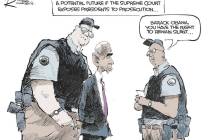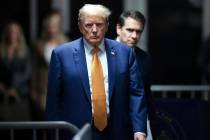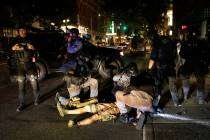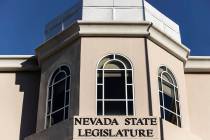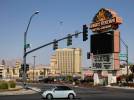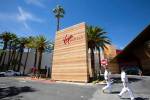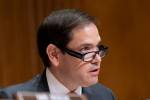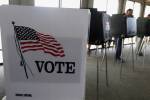Free choice?
Anxious to accomplish the bulk of his radical agenda as quickly as possible, regardless of what it appears to be doing to investor confidence, President Barack Obama offered his most supportive comments to date Tuesday for the hopes of organized labor to unionize the American workplace through "card check."
Officially known by the considerably cynical moniker "Employee Free Choice Act," the idea is to effectively get rid of secret-ballot elections to determine whether a majority of workers in any given workplace want to be represented by a union.
Instead, the idea is that a couple of union members would be able to corner a third worker in the break room, out in parking lot, even in an evening visit at home, "requesting" that he sign a unionization card. The secrecy of the polling place would be gone.
Once cards equal to half the joint's employees plus one were turned in to management -- presto! -- theirs would be a union shop.
Interestingly, employers would not be allowed to collect signed cards from workers expressing a wish not to join a union, delivering those cards to federal referees to prove their majority support in the same manner. Nor could a union be dissolved simply through card check.
Nope. One-way street. And the union could work for years, collecting signatures off the job site, without even advising management. The firm's owners would thus be deprived of any meaningful opportunity to explain the potential disadvantages to unionization.
Furthermore, unions would have no incentive to bargain in good faith, because the bill stipulates that after 120 days of foot-dragging, a federally appointed arbitrator would determine terms of a two-year contract with no right of appeal.
"As we confront this crisis and work to provide health care to every American, rebuild our nation's infrastructure, move toward a clean energy economy and pass the Employee Free Choice Act, I want you to know that you will always have a seat at the table," Mr. Obama told AFL-CIO members at their winter meeting in Miami Beach in a videotaped message Tuesday.
Interesting. Not "solve" the crisis. And indeed, if you think investor confidence and the markets have tanked so far, try telling stockholders the unions will soon be in charge, everywhere.
Organized labor now represents a much reduced 12 percent of the American work force -- its only growth area for decades has been among government employees. Significantly, governments cannot go out of business if their labor contracts drive up costs so far that customers take their business to competitors -- because governments have no competitors.
The card-check bill sailed through the House two years ago, but couldn't muster 60 votes in the Senate to override a GOP filibuster. Since then, Democrats have padded their Senate majority. Top AFL-CIO lobbyist Bill Samuel said the bill would win 60 votes this time if every lawmaker who voted for it last time stays on board and every new Democrat votes in favor -- assuming Minnesota Democrat Al Franken wins a contested Senate race and is seated.
But Randy Johnson, vice president for labor issues at the U.S. Chamber of Commerce, believes several Democrats only supported the anti-secret-ballot measure last time because they knew it wouldn't pass. This year "we've been making the issue red-hot and therefore persuading the senators that they need to re-evaluate their position," Mr. Johnson told The Associated Press.
Harry Reid is a lost cause. But on the campaign trail last fall, there was a lot of talk from Democratic Reps. Shelley Berkley and Dina Titus about "independence" and "fiscal conservatism," about "not going along with the herd," about "doing what's best for Nevadans."
A vote against card check would be a good place to start putting such campaign promises into effect.










